Education is essential to the prosperity of any society. It helps inform our youth and provides them with the knowledge and skills they need to face the world as adults. But the educational journey is a long one, and there are many challenges students must deal with along the way — such as struggling to learn the curriculum, missing school, and so on.
Education data can help identify these pitfalls before they become significant roadblocks to success — both for the students and the institutions that educate them. Below, we answer several important questions about education data collection to better understand its impact on relevant education stakeholders.
Pro Tip
For an insightful look into the future of higher education, explore “8 Top Trends in Higher Education to Watch in 2024” on Jotform’s blog.
Education data collection: 3 key questions
1. What types of data do educational organizations collect?
Educational institutions collect many different types of data through various methods:
- Enrollment numbers
- Grades from quizzes, tests, and other assessment tools
- Course completion rates
- Graduation rates
- Attendance rates
- Demographics (like age, race, gender, economic status, and special education needs)
- Engagement levels
- Teacher observations
2. Why is education data collection important?
“It’s impossible to help students without understanding exactly where they are academically,” says Matt Kirchner, CEO of academic tutoring and test preparation company Revolution Prep.
Every educational institution should make it a priority to ensure students reach their potential and achieve their goals. Acquiring and analyzing education data is essential to making this happen. This is where assessment tools like tests come in handy.
Kirchner notes that data also enables educators to identify trends and patterns that drive their strategies. For example, if you find that students’ grades steadily decline in the winter months, you can consider providing extra help to children during that time of the year.
“Without concrete data,” he says, “we’d be making these decisions based on assumptions, which wouldn’t necessarily lead to the best outcome for students.”
Data is important for students and educators, but it’s also beneficial for parents. Kirchner says parents are often concerned about whether their children are keeping pace in class. While data alone won’t completely erase those concerns, it can certainly help inform parents and serve as a warning sign that their children may need a bit of extra help.
“Parents might then choose to invest in, say, private tutoring,” Kirchner says.
Kirchner’s sentiments about the importance of education data collection align closely with those of Arash Fayz, the executive director of LA Tutors 123, a test preparation and private tutoring company based in Los Angeles. He notes that educational organizations can collect and analyze data not only to identify individual student needs, but also to identify underserved demographic groups.
“Results from these analyses can be applied in the pursuit of more accessible education for a specific group — or even toward undoing past imbalances in educational opportunity,” Fayz says.
Again, Fayz echoes Kirchner in noting how beneficial education data collection can be for multiple stakeholders — not just students. “The practice of collecting data across the education spectrum can help identify and address student issues and, subsequently, reduce frustration for both students and parents. It can also reduce stress on faculty and inform administrators on the best resources to make available to other education stakeholders,” he explains.
3. What solutions are available to help with education data collection?
Whether it’s helping with test distribution and collection or keeping up with attendance, plenty of relevant solutions are available to educational institutions.
Jotform, an easy-to-use form builder and data-collection solution, focuses heavily on education. Jotform provides teachers and administrators across the educational spectrum — from grade schools to universities — with an easy solution for collecting information on students and their education.
Educators use Jotform to collect and analyze data for a variety of purposes. For example, they create
- Online quizzes
- Extracurricular signup forms
- Field trip permission forms
- Class registration forms
- Course evaluation forms
But the assistance you get from Jotform doesn’t end with data collection. You can also use it to analyze, visualize, and present data, whether your audience is parents, teachers, or other administrators. If you’re ready to start your education data collection journey, check out Jotform today.

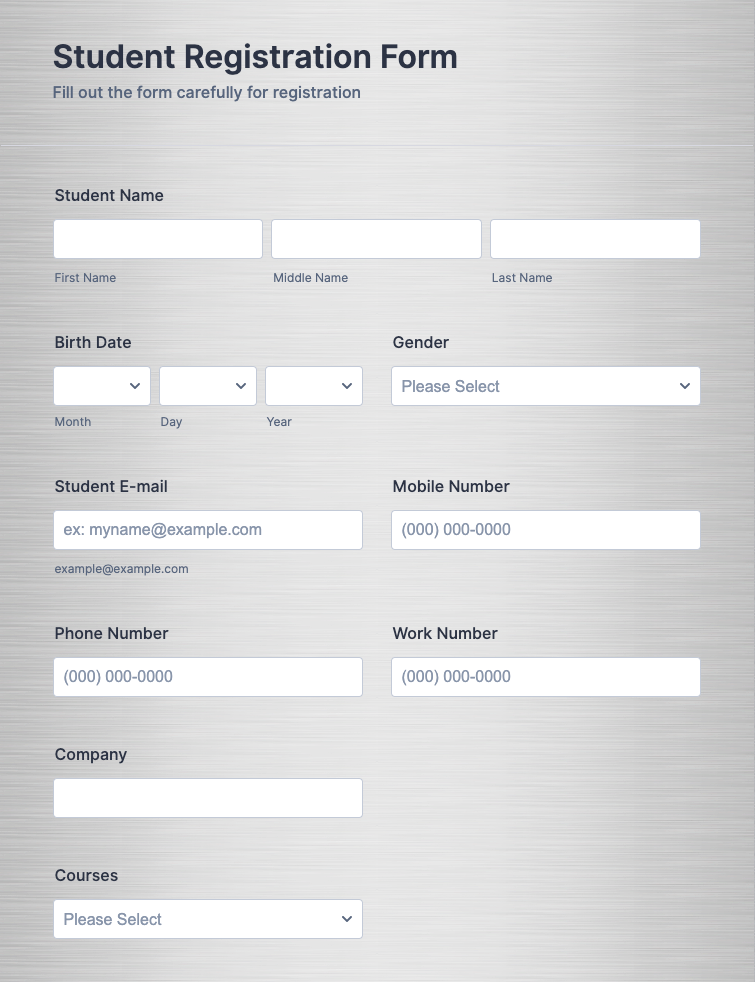













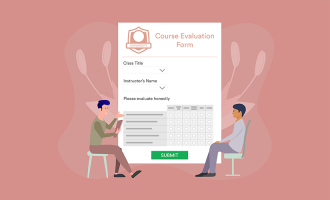




















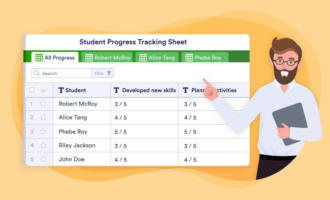







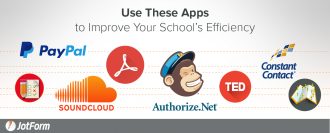
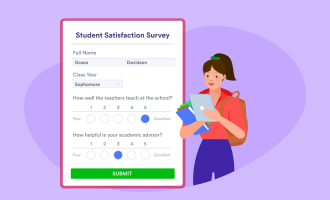

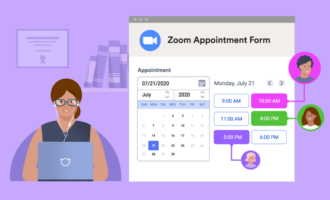






































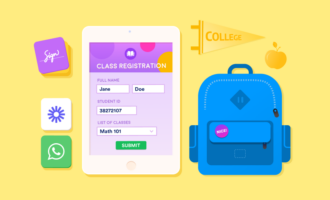

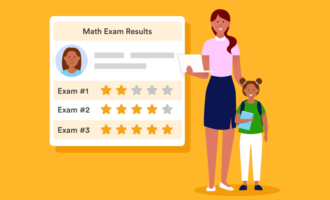

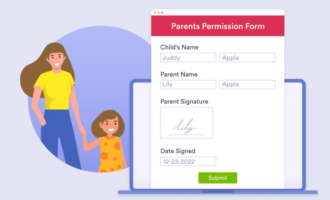










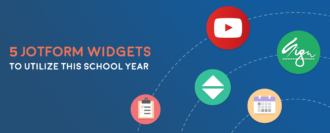

Send Comment: